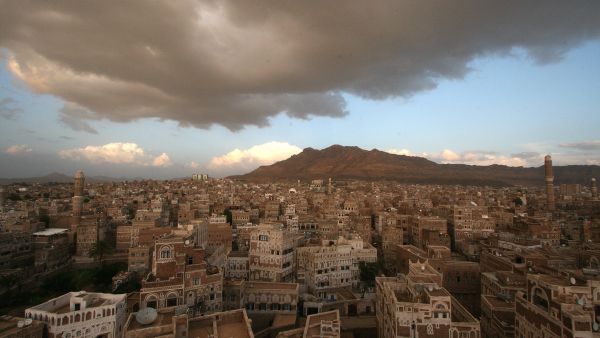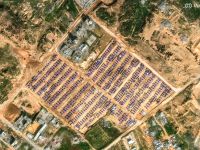Yemenis to warring factions: do not return to Yemen without peace
As warring factions continue to bicker at the negotiating table, furthering deepening political divisions, Yemenis have managed to rally behind one uniting message: Do not return to Yemen unless peace has been realized.
Around the same time as the peace talks began, Yemeni writer and activist Hind Alaryani launched a social media campaign asking Yemenis to join her in pressuring the different factions to finally resolve the conflict.
Continue reading on Muftah
Yemen quietly being killed: a STATUS conversation with Safa Al Ahmad
In this broad-ranging and incisive STATUS/الوضع interview with journalist and filmmaker Safa Al Ahmad, she delves into her recent coverage of Yemen reflecting on the humanitarian disaster there, the various actors on the ground, and the gendered dimensions of covering this conflict.
Safa Al Ahmad is a Saudi freelance journalist and filmmaker. Her focus is the Arabian Peninsula, primarily Saudi Arabia and Yemen. Her first film ‘Al Qaeda in Yemen’ was nominated for an Emmy Award in 2012, and ‘Saudi Secret Uprising’ won best international investigative documentary at the AIB’s in 2014. Her essay "Wishful Thinking on Saudi Arabia and the Arab world post 2011" was published in the anthology Writing Revolution, winner of an English PEN award.
Listen to the interview on Jadaliyya
Living on the edge
Historically speaking, the cultural heritage of the Arabs has been shared by Muslims, Christians, and Jews alike; but, with the rise of Zionism, there arose a distinction between the ‘Jew’ and the ‘Arab’, making it difficult for Jews of Arab descent to maintain and retain their identities. Typically, Arab and Eastern culture was seen by the ruling Ashkenazi elite as inferior and primitive, especially as many Middle Eastern Jews (referred to as Mizrahim) of Israel – Yemenites in particular – were poor and lived in the slums. What followed was a form, regarded by many, of cultural oppression, whereby Arabic and Mizrahi music were banned on Israeli radio for decades. As Danny Kaplan wrote in his article, Cyclic Interruptions – Popular Music on Israeli Radio in Times of Emergency, such programming was consistent, with the selection and timing of songs chosen to foster a sense of national identity.
Continue reading on Reorient







